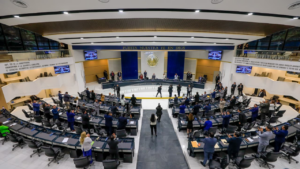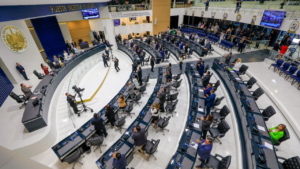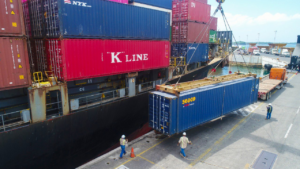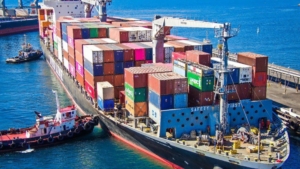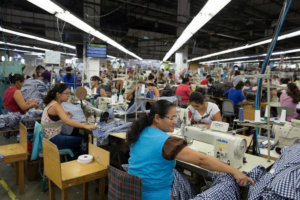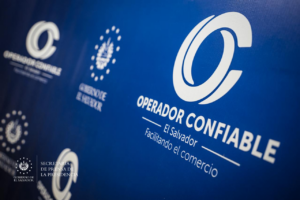
Fuel prices in El Salvador will increase again as of monday, june 24, and will remain in effect until july 7, 2025. This was informed by the Dirección General de Energía, Hidrocarburos y Minas (DGEHM), which detailed that the increase will be between US$0.06 and US$0.07 per gallon, depending on the type of fuel and the area of the country.

This adjustment affects both regular and premium gasoline as well as diesel, and will be applied in the three zones: central, western, and eastern. Premium gasoline will increase US$0.07, being the prices for the central zone US$3.91 and in the western zone US$3.92, while in the eastern zone US$3.95.
Regular gasoline will also increase US$0.07 and will cost in the central zone US$3.65, while in the western zone US$3.66, however in the eastern zone it will cost US$3.69.
As for diesel, there is also an increase of US$0.06 throughout the country, with prices in the central zone US$3.35 and in the western zone US$3.36, and in the eastern zone US$3.40.

According to the DGEHM, this new increase is due to a series of international factors that are affecting the global oil and oil products market.
Among the main reasons is the geopolitical conflict between Israel and Iran, which has generated concern about a possible escalation in the Middle East and the risk of shortages in the region. In addition, there is the fear that Iran will close the Strait of Hormuz, a key route for the maritime transportation of oil, which has raised logistics costs worldwide.
The International Energy Agency (IEA) has reported continuous reductions in U.S. oil reserves, which has contributed to the rise in international fuel prices.
It is important to clarify that the reference prices include current taxes, as well as the Contribution for the Stabilization of Public Service Tariffs for Servicio Público del Transporte Colectivo de Pasajeros de tipo colectivo y masivo (COTRANS), the Fondo de Estabilización del Fomento Económico (FEFE) and the Impuesto Especial a los Combustibles (IEC).

The DGEHM has strengthened inspections at service stations to ensure the quantity and quality of fuel, ensuring that the population receives the volume that meets the required technical specifications, thus confirming that the exact amount paid for is delivered.
DGEHM inspectors constantly monitor the market for companies dedicated to the sale of petroleum products. If noncompliance with the law is found, they are subject to the corresponding sanctions. All with the goal of ensuring that the end consumer obtains the maximum benefits from their purchase and that Salvadorans can choose the gas station that provides the best service.


